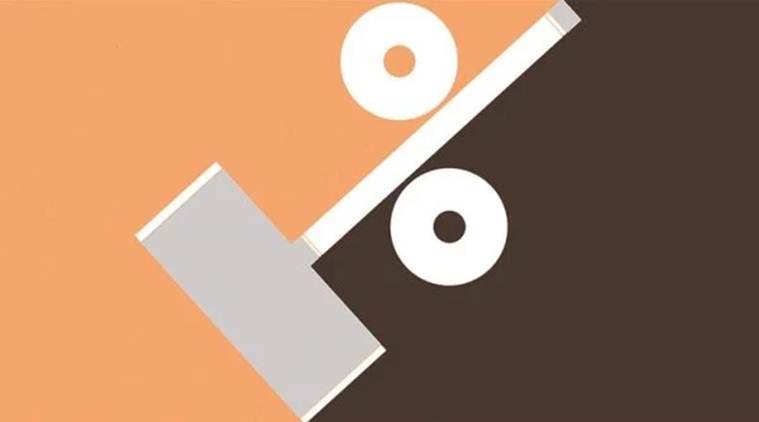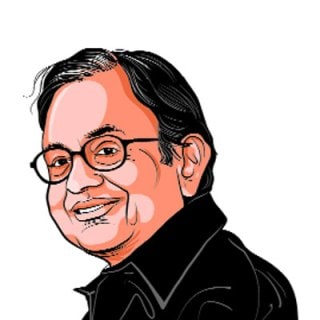
The countdown has begun. That, apparently, is the view of the government of Mr Narendra Modi. The evidence in support of this conclusion is mounting every day. The latest piece of evidence is the haste with which The Constitution (124th Amendment) Bill was drafted (January 7) and passed by Parliament (January 9).
Recall how long it took to make the Constitution of India. Recall also how long it took to draft and pass the First Amendment to the Constitution in 1951. It was the First Amendment that introduced the concept of ‘special provision’ for ‘socially and educationally backward classes of citizens or for the Scheduled Castes and Scheduled Tribes’. The phrase ‘special provision’ is popularly understood as ‘reservation’.
Panic-driven
The criticism against the 124th Amendment was it was rushed through in 48 hours without scrutiny by a parliamentary committee and without public debate. On the other hand, the constitution amendment Bill to reserve one-third of the seats in the Lok Sabha and state legislatures for women is languishing since 2008.
Irrespective of the merit of the 124th Amendment, it is a sign of the panic that has gripped the BJP and the government. Other panic-driven measures are in the works; among them is a cash transfer to farmers that I had referred to in my column of January 6.
Principle accepted
Now, on the merits of the Bill. The Statement of Objects and Reasons attached to the Bill states that ‘the economically weaker sections of citizens have largely remained excluded from attending the higher educational institutions and public employment on account of their financial incapacity to compete with the persons who are economically more privileged’. No political party opposed the principle behind the Bill. (The Congress had promised reservation for economically weaker sections in its manifesto for the Lok Sabha elections of 2014.)
The widespread opposition to the Bill is, therefore, not on principle but on account of other reasons that are weighty and relevant, including:
1. If reservation for economically weaker sections was not a priority during the last four years and seven months (while the triple talaq Bill was), why has it become high priority barely 60 days before the notification of the Lok Sabha elections?
2. The proposed clauses (6)(a) and (b) of Article 15 are a cut and paste of the existing clauses (4) and (5) of the same Article — with one important change. While Article 15(5) required the special provisions (meaning reservation) to be made by law, the new clause has omitted the words ‘by law’ and will enable the government to provide for reservation in schools and colleges by executive orders.
3. The proposed clause (5) of Article 16 is also a cut and paste of the existing clause (4) of the same Article — with one important change. Article 16(4) allowed reservation only for any backward class of citizens which is not adequately represented in the services. The new clause has omitted the highlighted words.
Legally & ethically suspect
4. As the law declared by the Supreme Court stands today, reservation in posts is not permissible unless the class is not adequately represented; nor is reservation permissible on the sole criterion of economic backwardness. Of course, those judgments were delivered according to the Constitution before the present Amendment. The government must have been advised that those judgments can be overcome if the Constitution was amended. The supporters of the principle of the Bill have demanded — to no avail — the legal opinion received by the government in order to satisfy themselves that they are not partners in a legal misadventure.
5. The most substantive criticism is about the criterion to determine who is poor. On January 8, all newspapers and TV channels carried an identical criterion (obviously based on a briefing by the government). A person belonging to a family with a gross annual income of Rs 8 lakh is defined as ‘poor’, with certain exclusions. The Opposition demanded the data based on which the government had arrived at a cap of Rs 8 lakh, but it was not forthcoming. Data in the public domain indicates that nearly 95 per cent of the population (125 crore) will be eligible — and very few of them will fall under the ‘exclusions’. If nearly everyone is ‘poor’ under the Amendment, the sufferers will be the ‘poorest of the poor’ for whom the Amendment is intended! Unless ‘poor’ is defined narrowly so that it will include only the 20 per cent of the population at the bottom rungs of the economic ladder, the new provision will be suspect — legally and ethically.
6. The big question mark is about the supply side. More seats in schools and colleges can be sanctioned by the government without regard to the paucity of infrastructure or qualified teachers. But, in the case of posts in the government, where are the posts? Is it the intention of the government to vastly expand the government at all levels — central, state, municipal, panchayat, parastatal and public sector? The number of employees in central public sector enterprises actually declined from 16,90,741 in end March 2014 to 15,23,586 in end March 2017. The government’s bluff will be called if another slice of the cake will be reserved even while the size of the cake remained the same.
The Bill appears to be not for reservation but for self-preservation.
Website: pchidambaram.in
@Pchidambaram_IN
@Pchidambaram_IN







































No hay comentarios:
Publicar un comentario